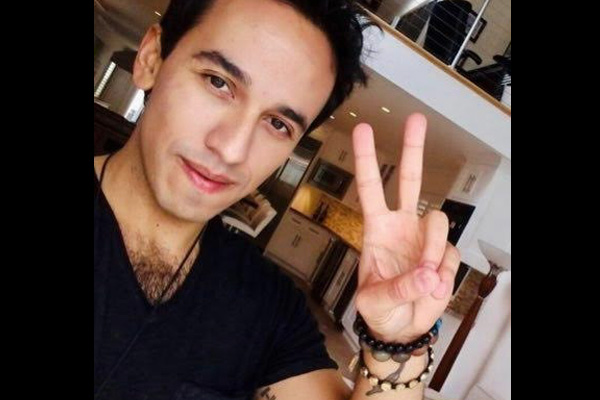ADDICTION IS BIG BUSINESS –
Mar. 18, 2022 – David Sarabia had already sold two startups by age 26 and was sitting on enough money to never have to work another day in his life. He moved from Southern California to New York City and began to indulge in all the luxuries his newly minted millionaire status conveyed. Then it all went sideways, and his life quickly unraveled.
“I became a massive cocaine addict,” Sarabia said. “It started off just casual partying, but that escalated to pretty much anything I could get my hands on.”
At one particularly low point, Sarabia was homeless for three months, sleeping on public transportation to stay warm. Even with plenty of money in the bank, Sarabia said, he’d lost the will to live. “I’d given up,” he said.
He got back on his feet, sort of, and for the next three years lived as a “functional cocaine addict” until his best friend, Jay Greenwald, died after a night of partying. Finally, Sarabia checked himself into a rehab in Southern California — ostensibly a luxurious one, although Sarabia didn’t find it to be so.
Still, the place saved his life. The clinicians really cared, he recalled, although their efforts were hampered by clunky technology and poor management. He had the feeling that the owners were more interested in profits than in helping people recover. Tech is already offering help to some. Those who can pay out-of-pocket, or have treatment covered by an employer or insurer, can access one of a dozen addiction telemedicine startups that allow them to consult with a physician and have a medication like buprenorphine mailed directly to their home. Some of the virtual rehabs provide digital cognitive behavior treatment, with connected devices and even mail-in urine tests to monitor compliance with sobriety.



